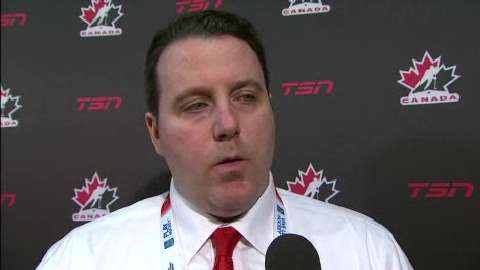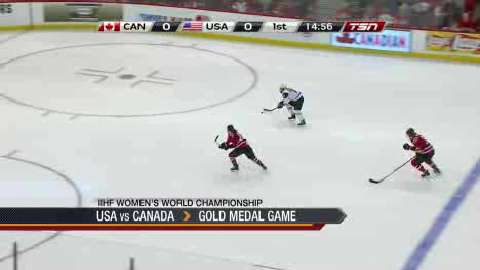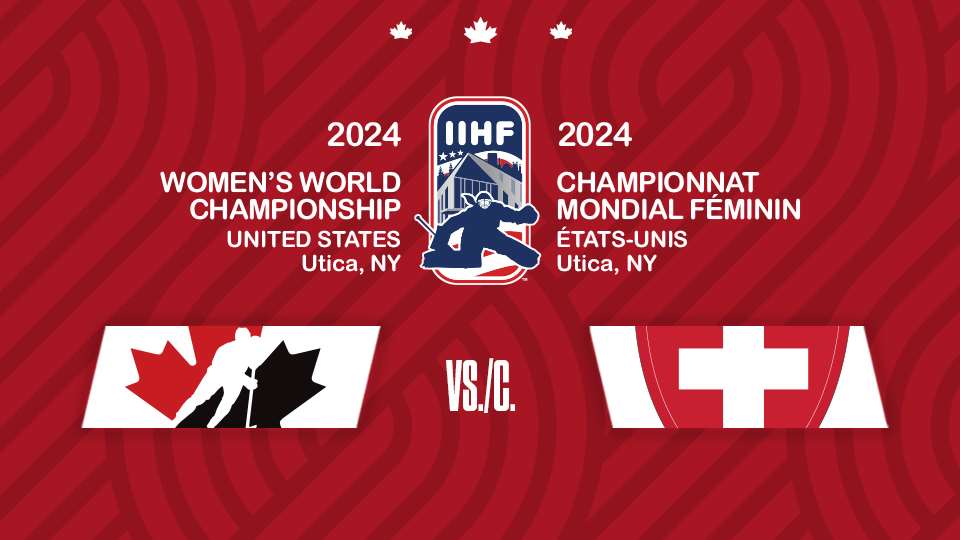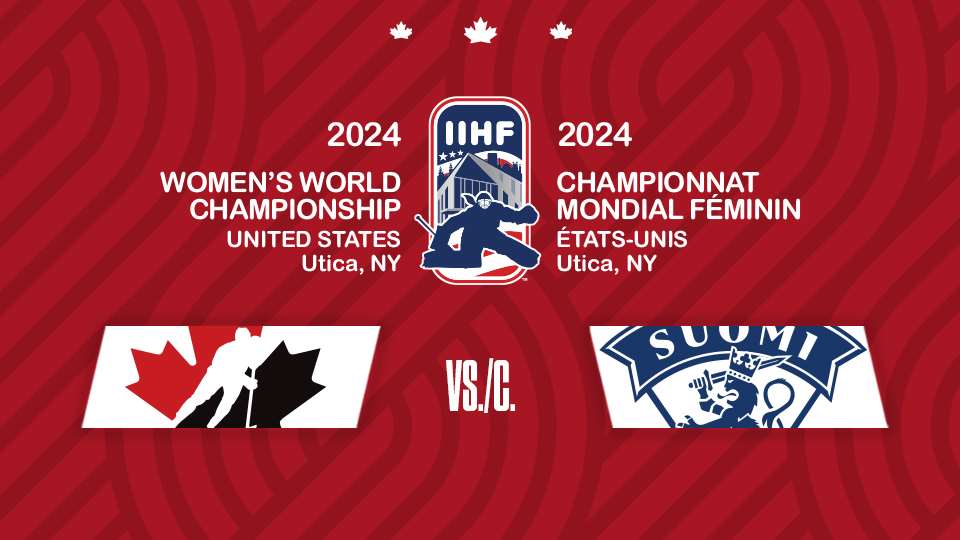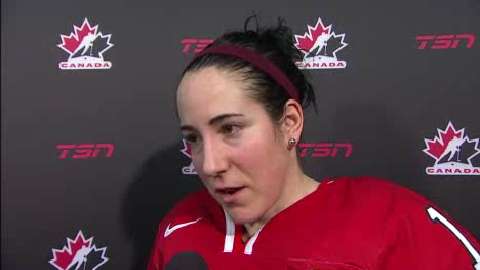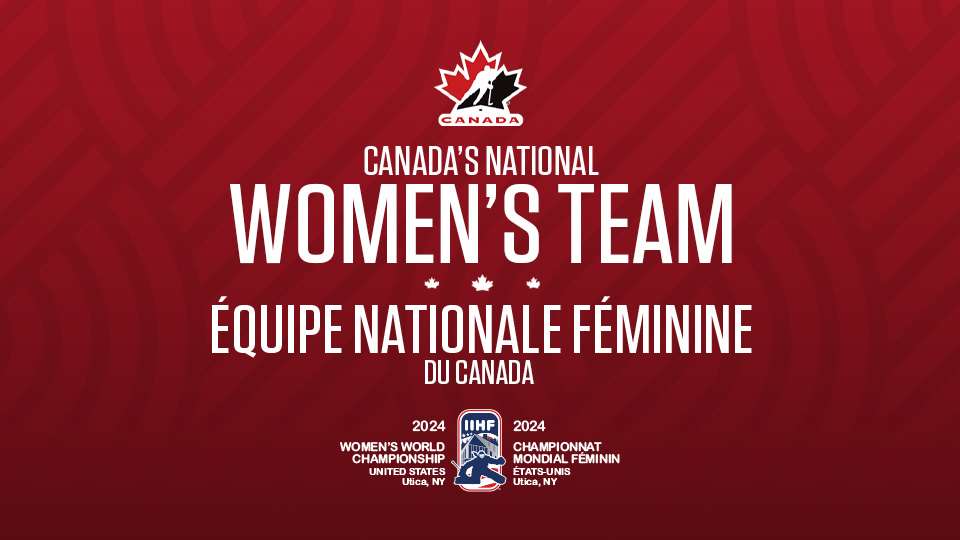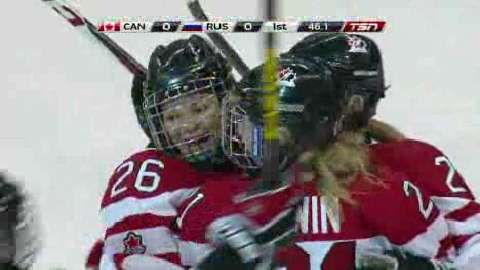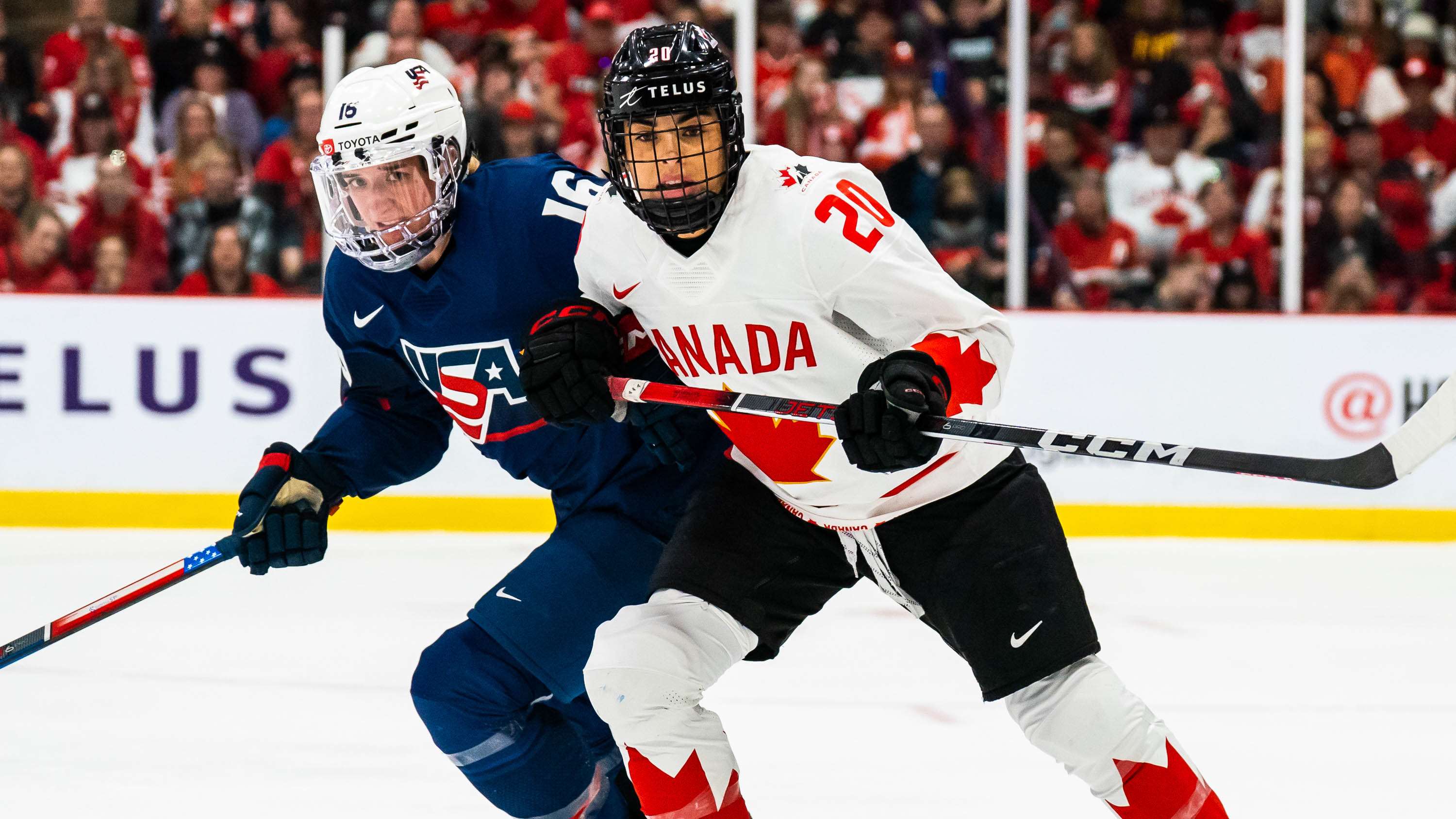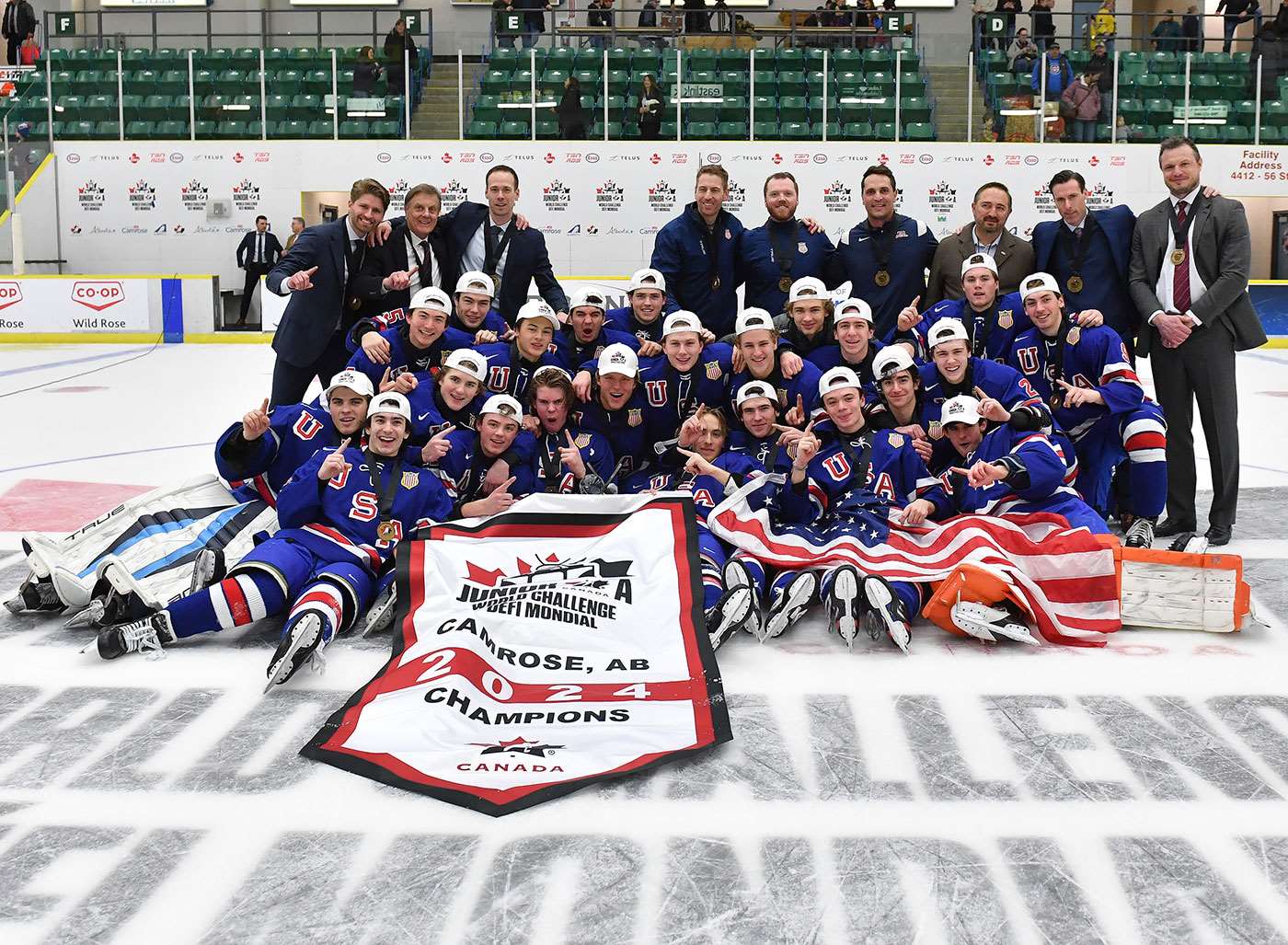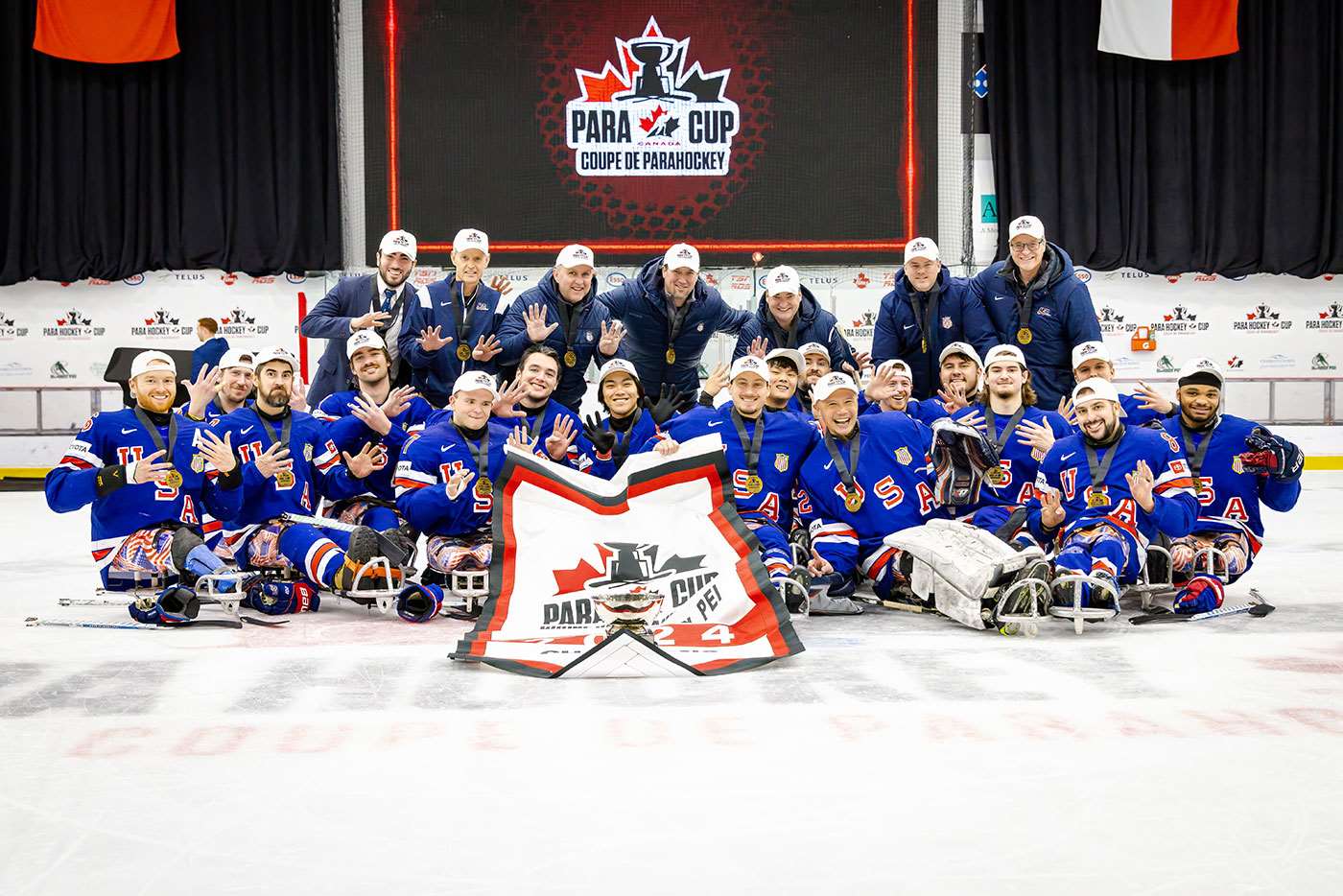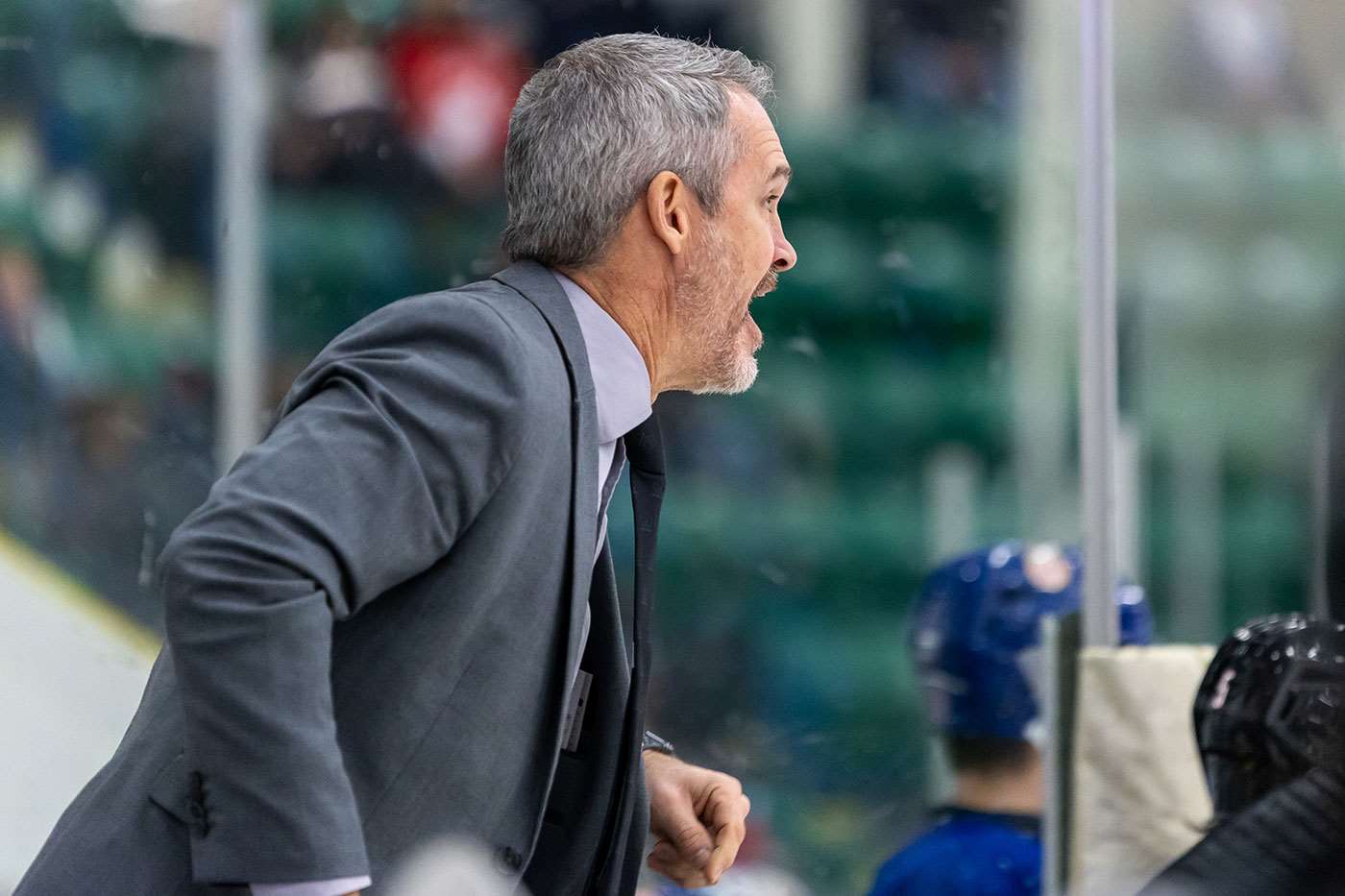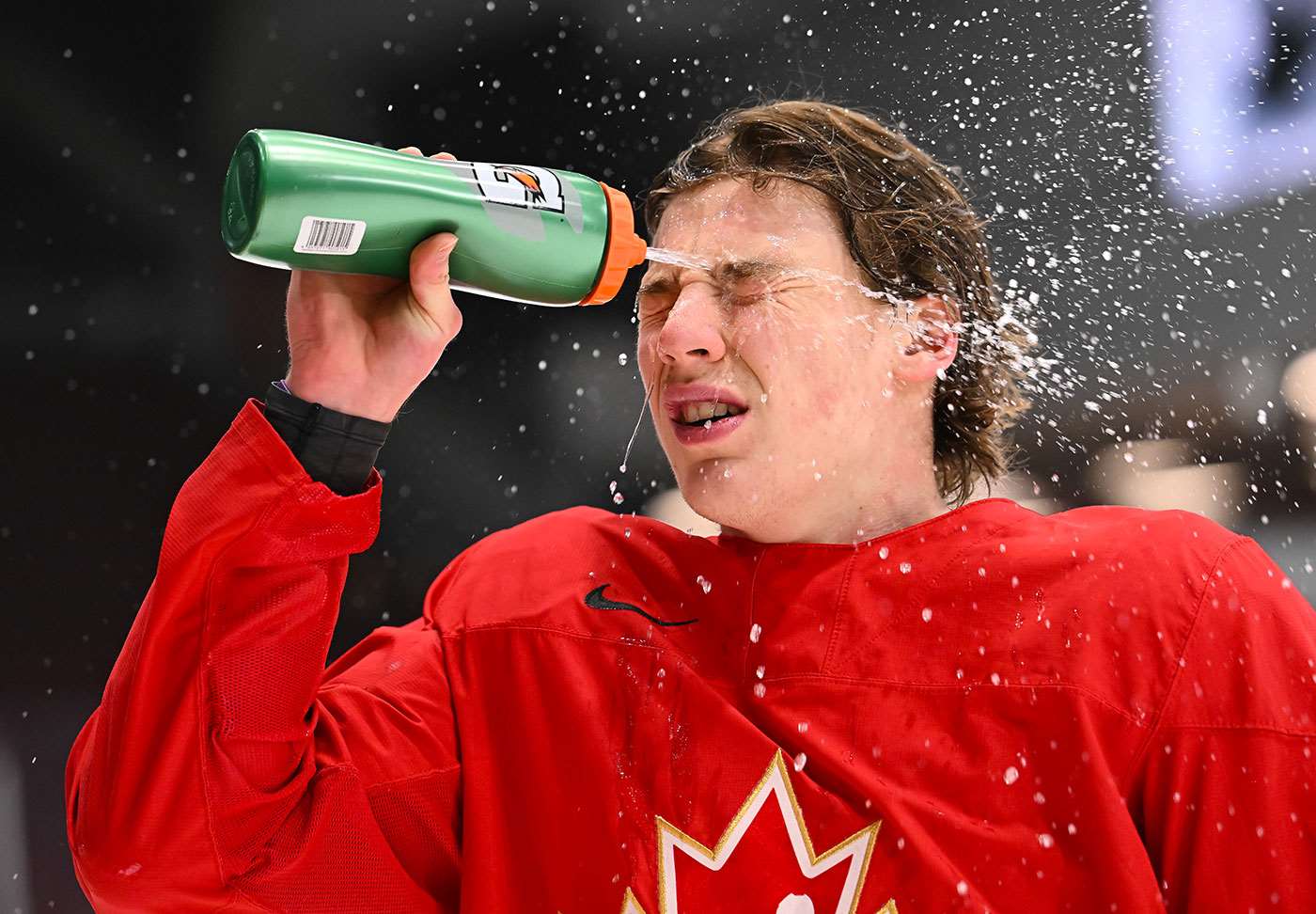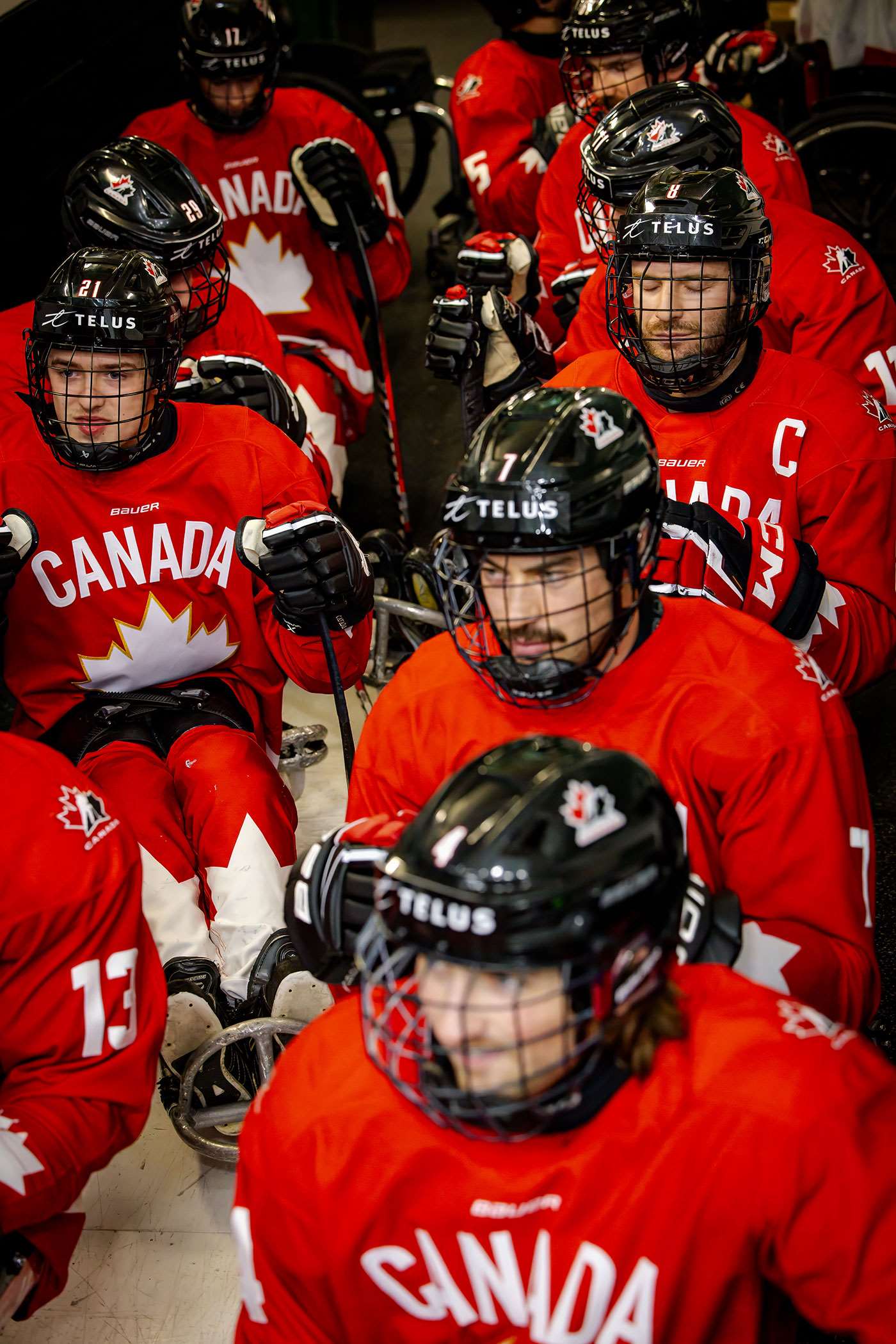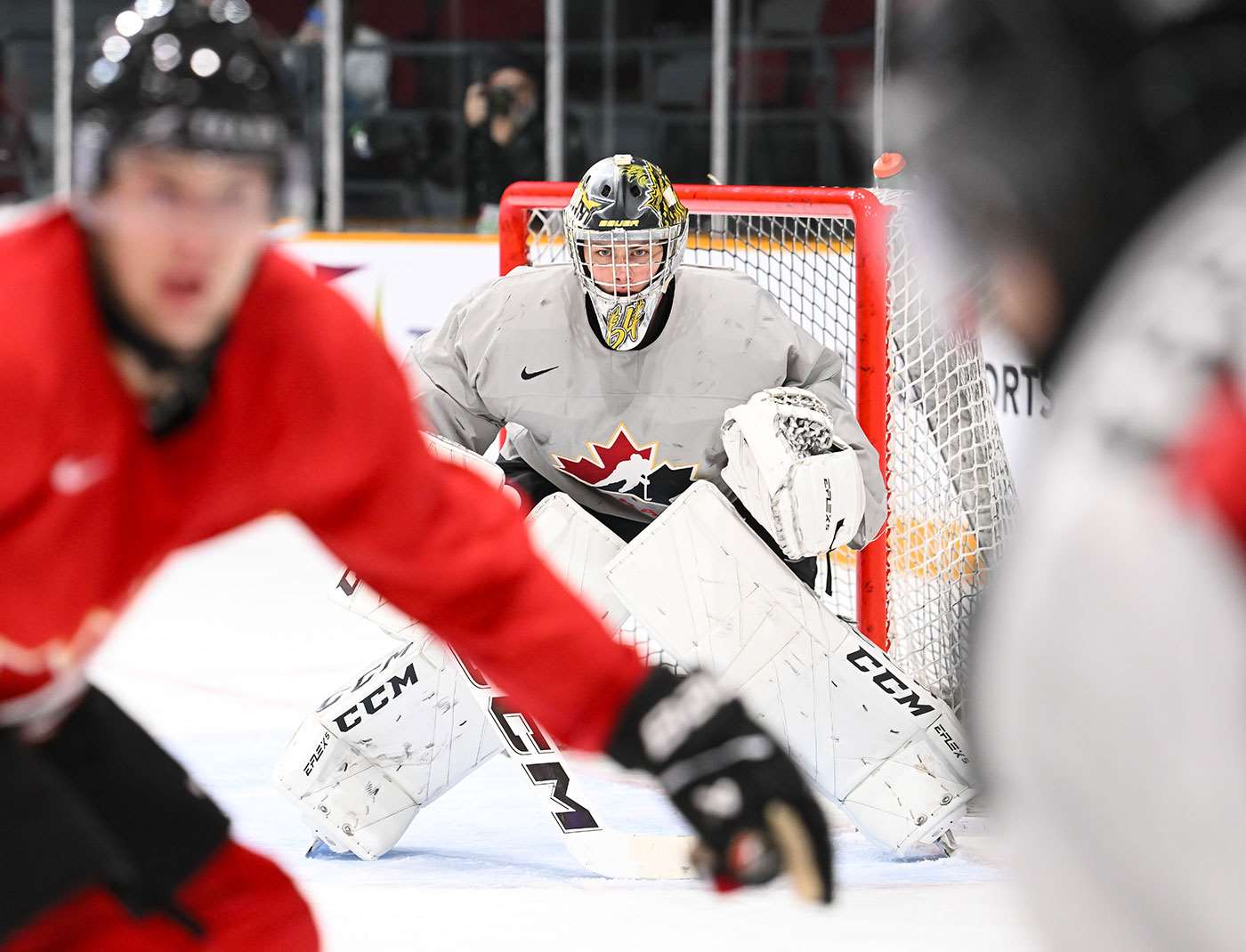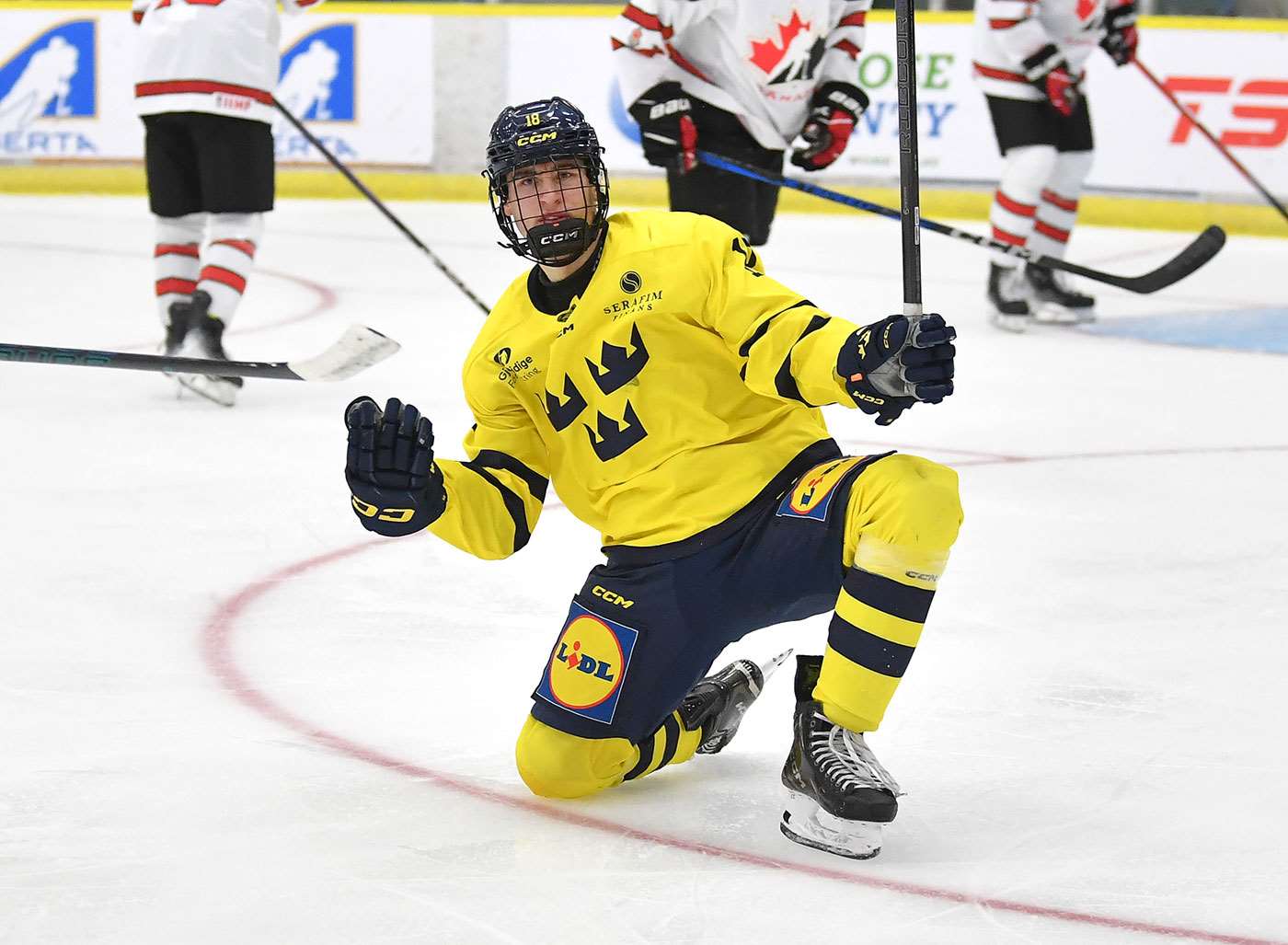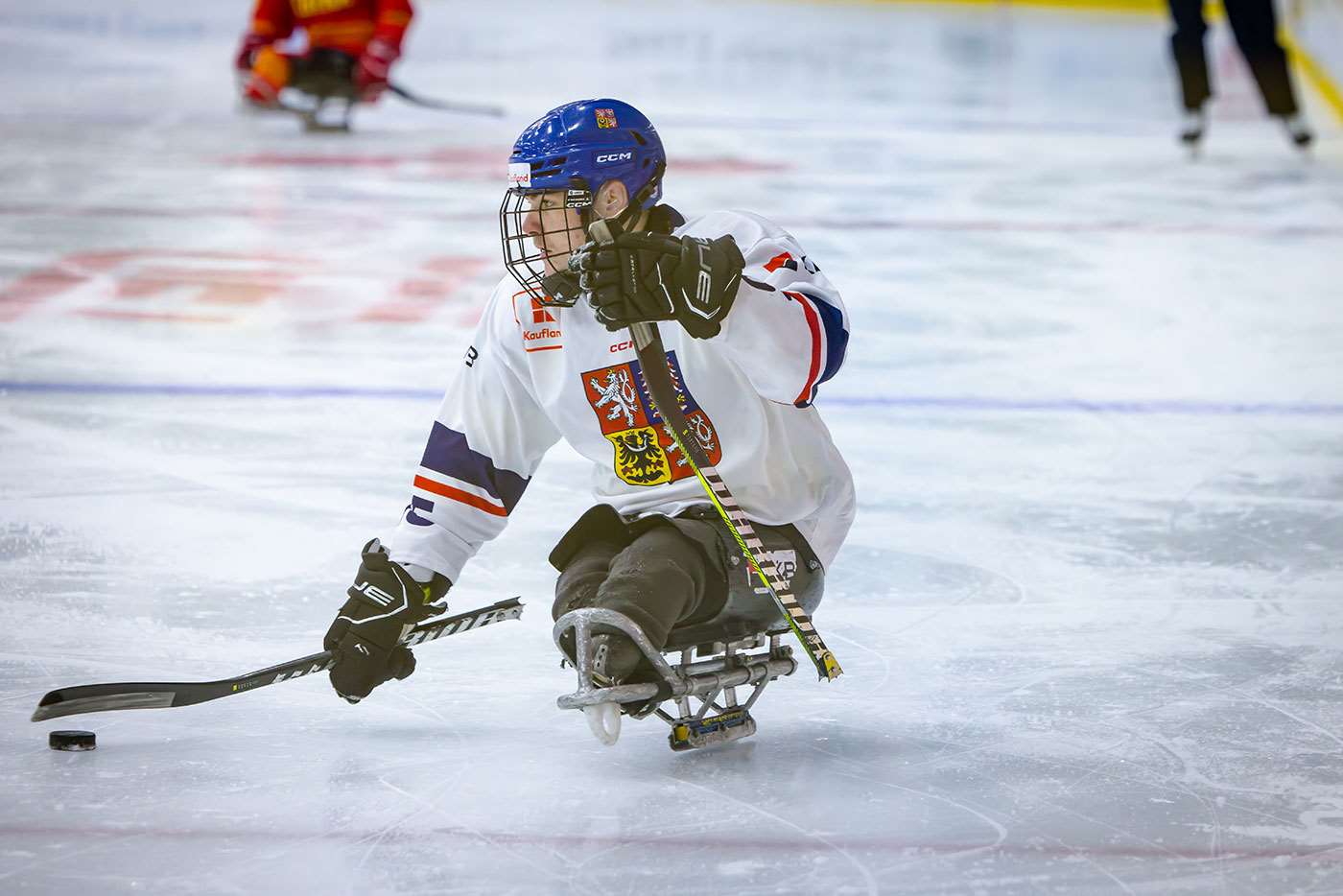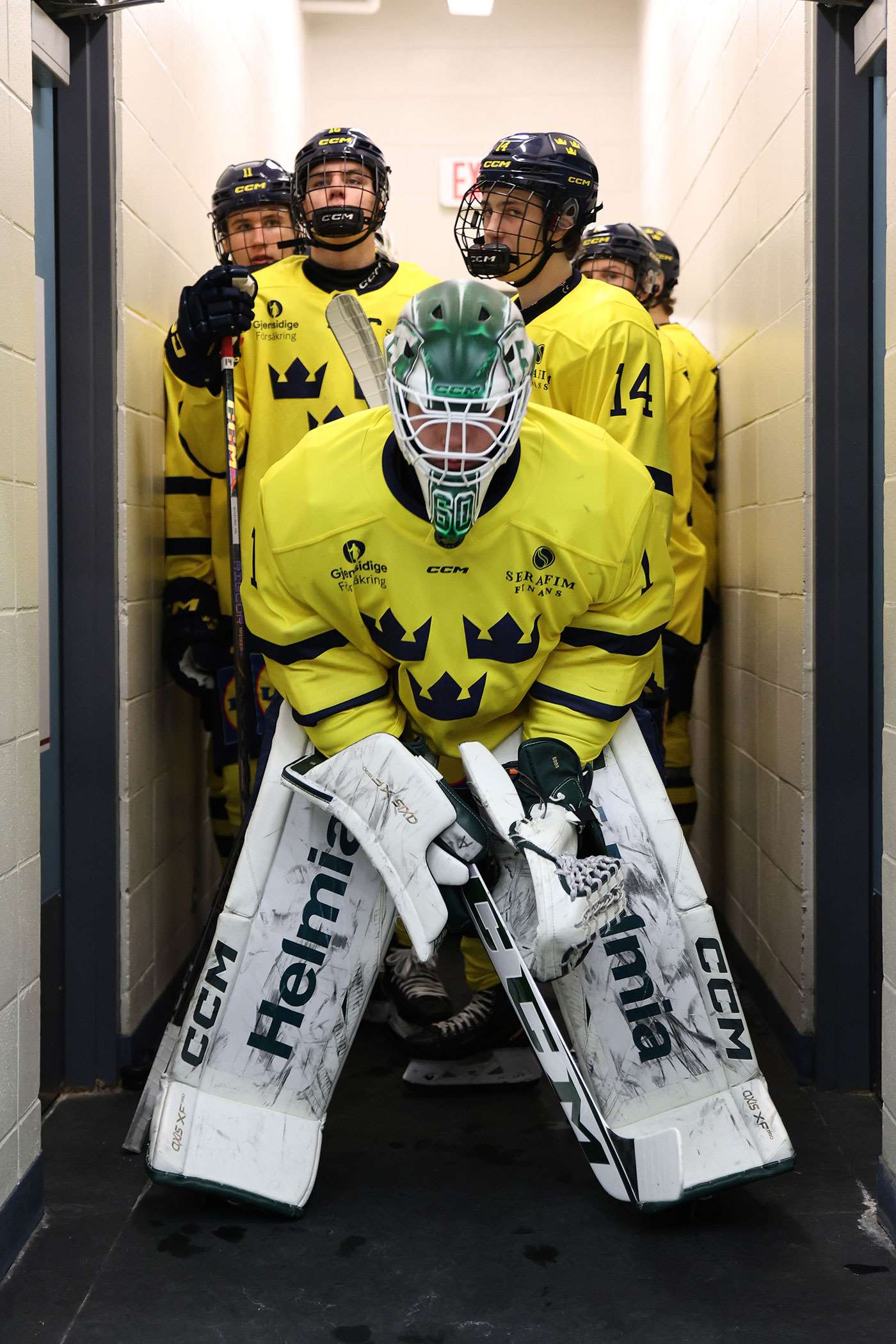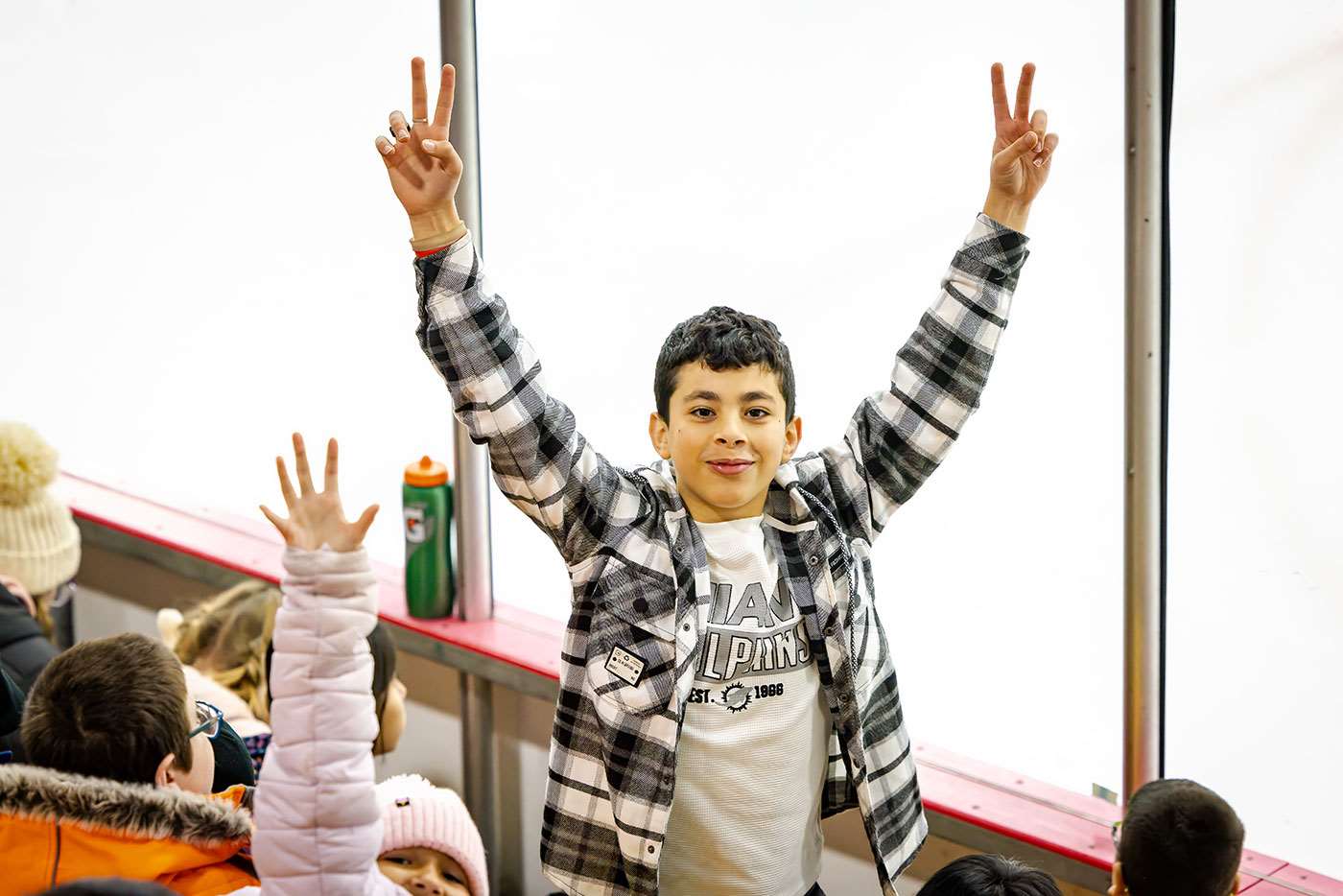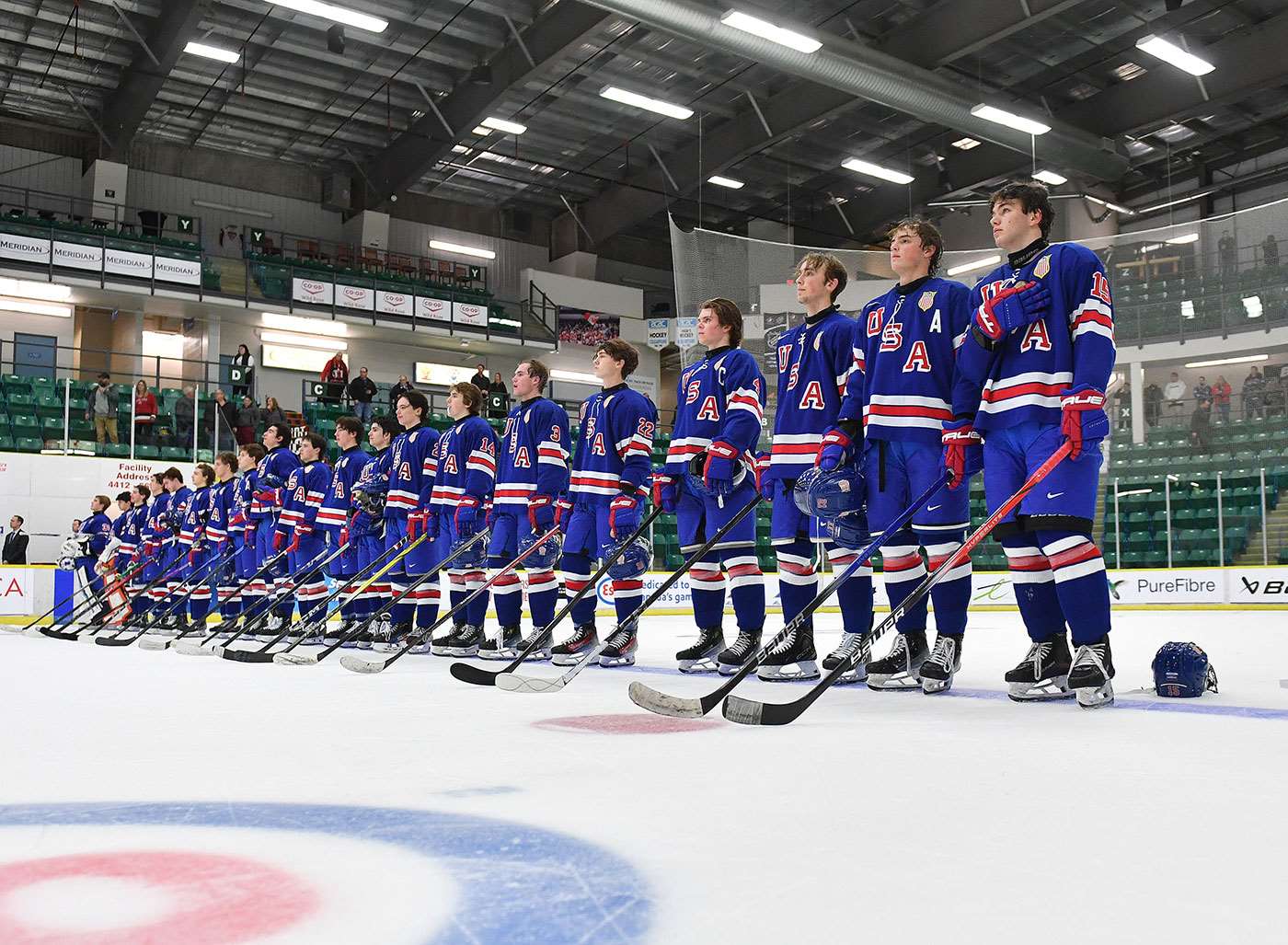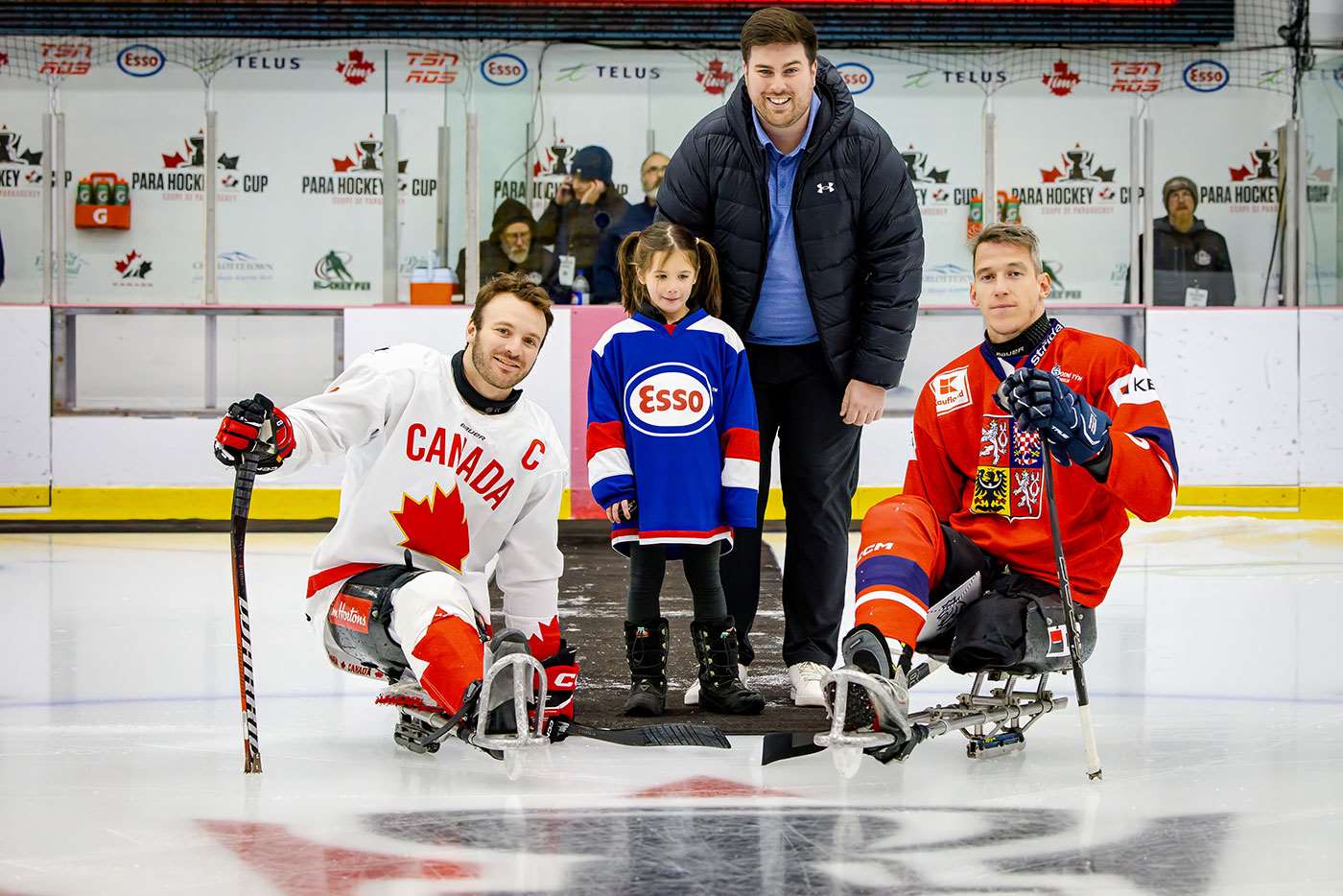
Schedule
Team Canada (Men)
IIHF World Junior Championship | Dec. 26, 2024-Jan. 5, 2025
Spengler Cup | Dec. 26-31, 2024
4 Nations Face-Off | Feb 12-20, 2025
IIHF U18 World Championship | April 23-May 3, 2025
IIHF World Championship | May 9-25, 2025
U17 World Challenge | Nov. 3-9, 2024
Hlinka Gretzky Cup | Aug. 5-10, 2024
Junior A World Challenge | Dec. 9-15, 2024
National Junior Team vs. USPORTS | Dec 12-13, 2024
Search
IIHF Says One Referee is Good Enough for Women's Hockey

HÄMEENLINNA, Finland (CP) – Next year's Olympic men's hockey final in Vancouver will have two referees while the women's gold-medal game will likely just have one.
And according to the International Ice Hockey Federation, that's the way it should be, at least for now.
The IIHF currently has no plans to introduce a second referee to the women's game after implementing it a year ago at the men's world championship.
Four-man crews have worked the last two world junior championships and will be incorporated into the world men's under-18 championship in Fargo, N.D., later this week. A second referee was also added to women's NCAA hockey this season.
One ref and two linesmen are overseeing games at this week's women's world championship in Hämeenlinna.
“At the present time ... we have no objections about the three-man system in top female hockey,” said Konstantin Komissarov, secretary of the IIHF officiating committee. “It not something we think should be changed.”
Komissarov pointed to some lopsided scores in women's hockey as a reason it doesn't warrant another on-ice official.
“The question is, for what purpose do we need to put in a four-man system?” he said.
Coaches, players and referees informally polled Tuesday at the world championship were in favour of two refs,
but there were a few dissenting voices.
“In the men's game, you have two head referees and two linesmen so why can't you have that in this competition?” Swedish women's coach Peter Elander said. “It would help the referees and would help the game.”
But Hayley Wickenheiser isn't convinced two referees would make for better officiating in women's hockey. One is fine, as long as they are well-prepped, she said.
“Two referees, they would just get in the way,” said the Canadian captain. “I just think it would result in more penalties and that's not what we need.
“I think one referee is still OK at this level. It's a matter of being able to keep up with the play and skate with the play.
“I'd like to see more effort go into developing the ones that we have and keeping the three-man system and maybe looking at it down the road.”
Canadian head coach Melody Davidson doesn't think there's enough time to introduce two refs into the women's international game before the Olympics.
“It's a place we have to work towards, but you can't just throw people into the fray,” she explained. “The leagues have to start taking that on and then your referees become experienced in it.
“It's a good step to take, but I'm not so sure it would be the right thing right now when they've had no experience in it.”
Canadian referee Mary-Anne Gage of Burlington, Ont., and British ref Joy Tottman would appreciate another set of eyes on the ice. While Gage has worked as a pair in Canada, Tottman has tried it only twice in exhibition games.
“I think everyone would say ‘Yes, let's have a second pair of eyes on the ice,’” Tottman said. “A lot of the time you catch the stuff that's off the play that you wouldn't necessarily see if there's just one of you out there.
“I think there are a lot of cons as well. You've got to get two referees who are on the same page, calling the same plays, that probably have experience working together so you have that good sense of teamwork, and the players know the level of play that will be called. I think that would be tricky to implement over the next year.”
Gage, who has worked international games for four years, thinks the women's game will need two referees eventually.
“I like the two-referee system because I'm in position before the play gets to me while in a one-referee system I'm always chasing the play up the ice,'' she said. ``Women's hockey is extremely fast and I think we need to be prepared for that.”
The NHL went to a two-referee system in 1998-99. International games are few and far between for women so there are few opportunities to test two referees.
There would be chances to do so next winter. In addition to the annual Four Nations Cup in November, an Olympic test event will be held September in Vancouver. Canada and the U.S. will play each other at least half a dozen times and other countries will schedule more international games to prepare for the Olympics.
That still might be too late for 2010, according to Tottman.
“You've got to look at the NHL. It took a long time for them to get into the system of using two referees,'' she said. ``I think it would take a long time and a lot of different tournaments. It could be done, but it would be tough.”
The increasing speed of the women's game will soon make it too difficult for one referee to keep up, U.S. head coach Mark Johnson said.
“If you only have one referee and I'm going up and down the ice 200 feet by the end of the night, I'm quite exhausted,” he said. “The faster the game, the more work the referee has to do in that one-man system.”
The referee for the 2006 Olympic final between Canada and Sweden was Anu Hirvonen of Finland. It was an uneventful game compared to four years earlier when American Stacy Livingston came under fire for the number of consecutive penalties she called against Canada in the final against the U.S. in Salt Lake City.
The Olympics are the showpiece of women's hockey because games are shown around the world. For that reason, Hockey Canada director of female hockey Julie Healy is in favour of two referees because she doesn't want erratic officiating to be what people remember after the final.
“It'll be a difficult game to handle no matter what two countries end up in it,” Healy said.
“If the officiating isn't at the level it needs to be, nobody is going to be talking about the game. They'll be talking about the officiating, similar to what goes on now after Salt Lake City.”
For more information: |
- <
- >

















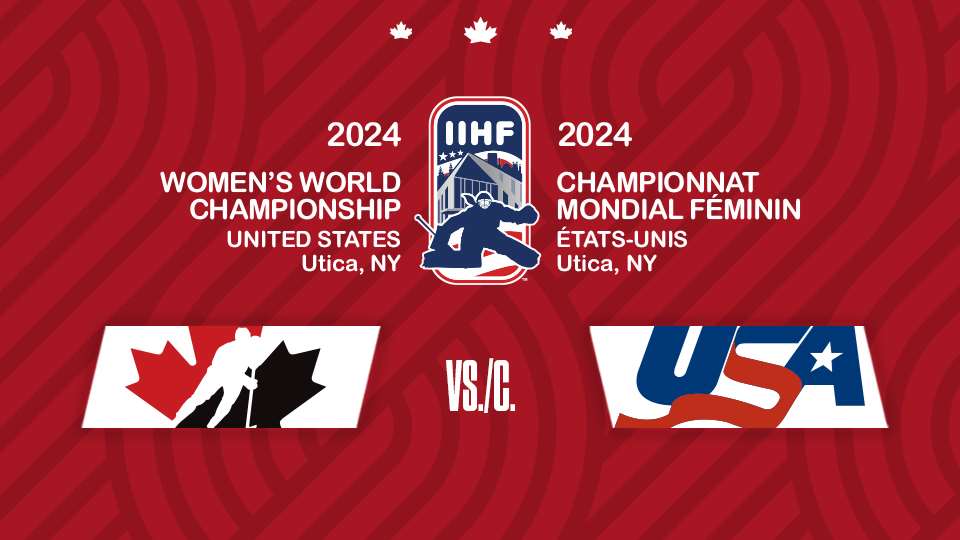
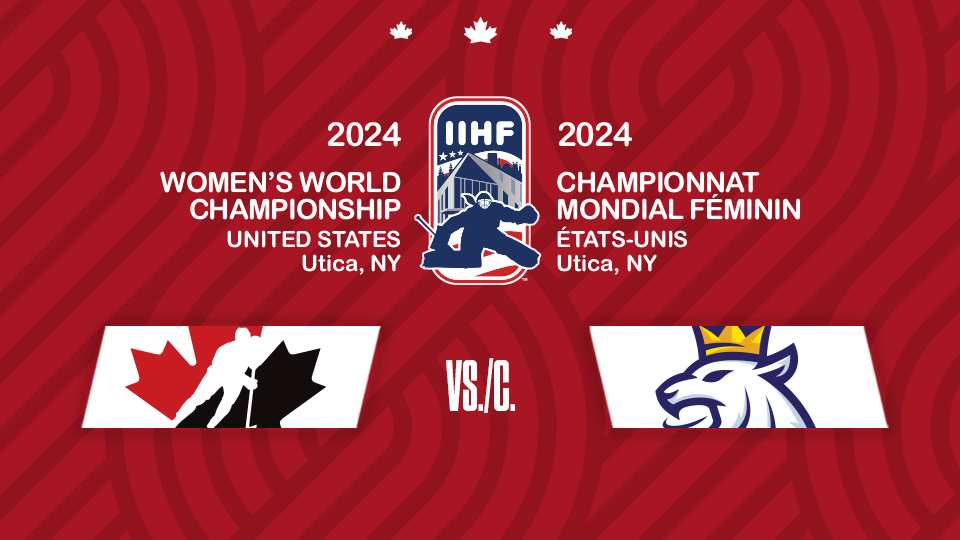
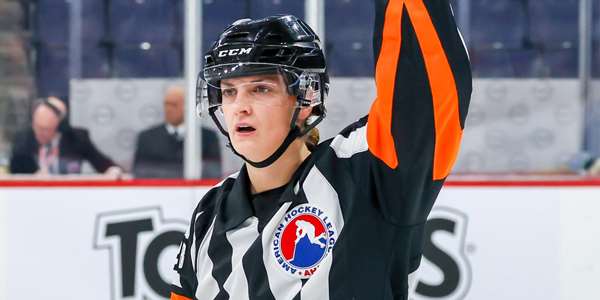
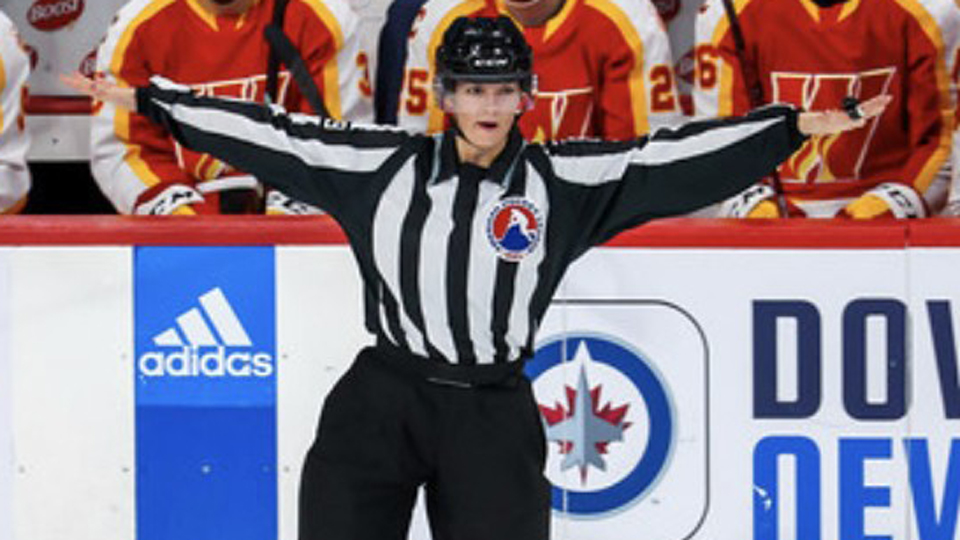 As more and more leagues, such as the AHL, include women officials, Clarke hopes to continue the push for women to take the next step. With her experience at NHL All-Star Weekend, Clarke believes we could be seeing women referees in NHL games soon.
As more and more leagues, such as the AHL, include women officials, Clarke hopes to continue the push for women to take the next step. With her experience at NHL All-Star Weekend, Clarke believes we could be seeing women referees in NHL games soon.